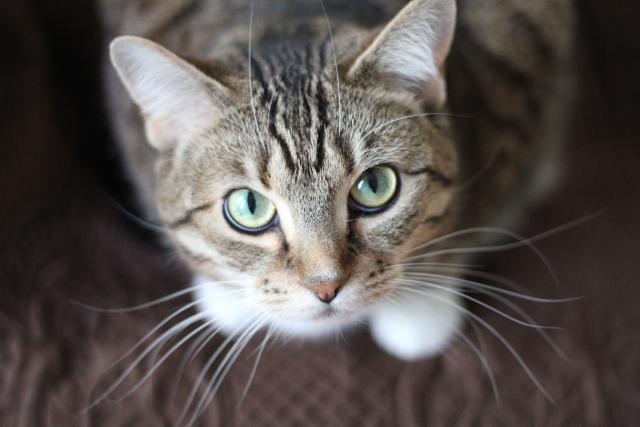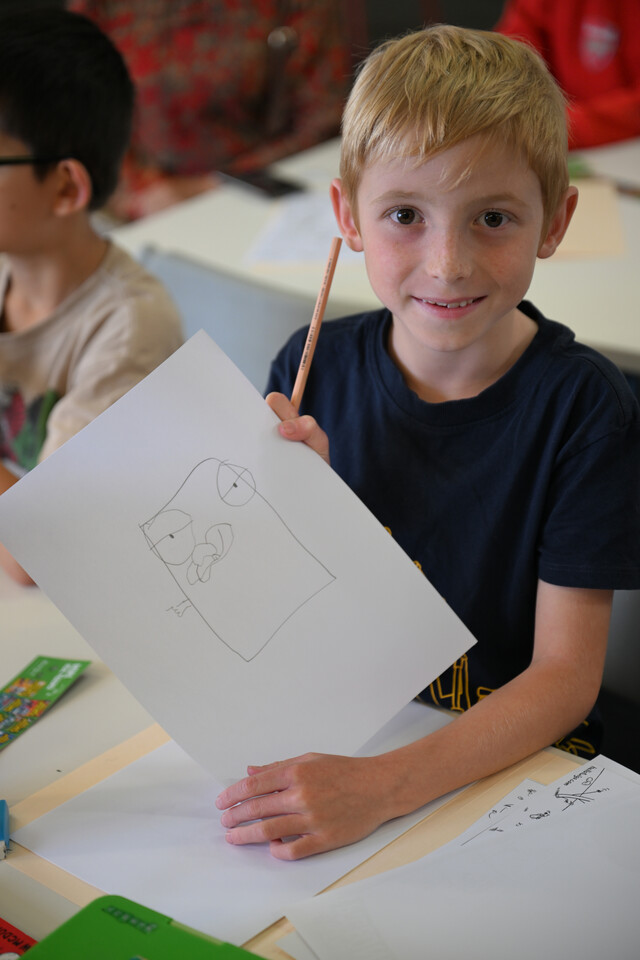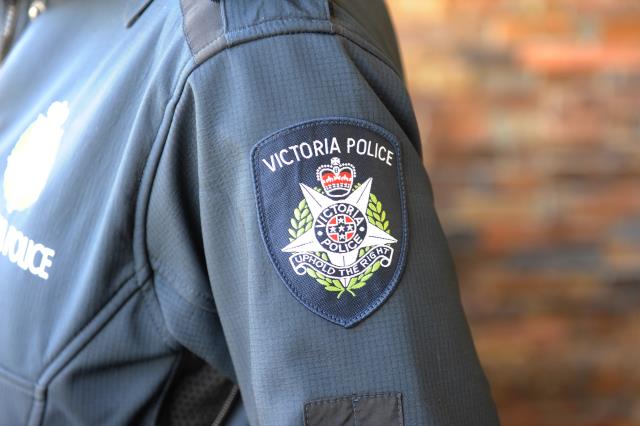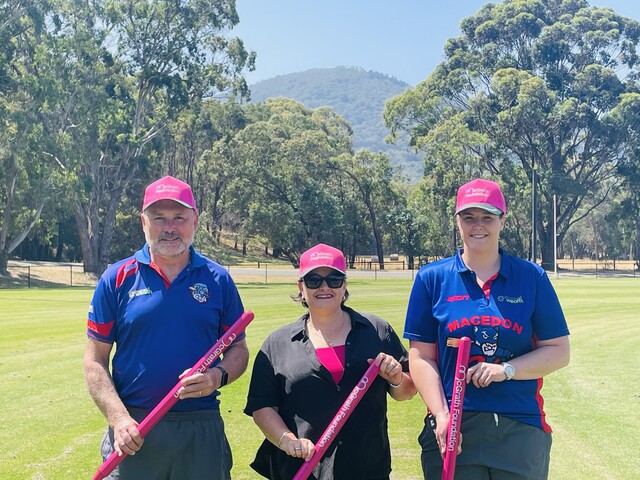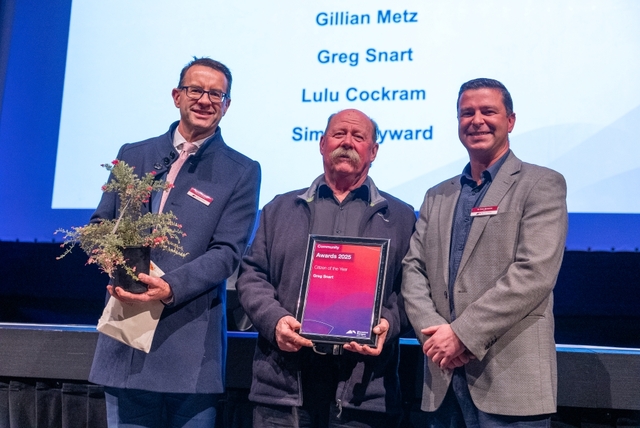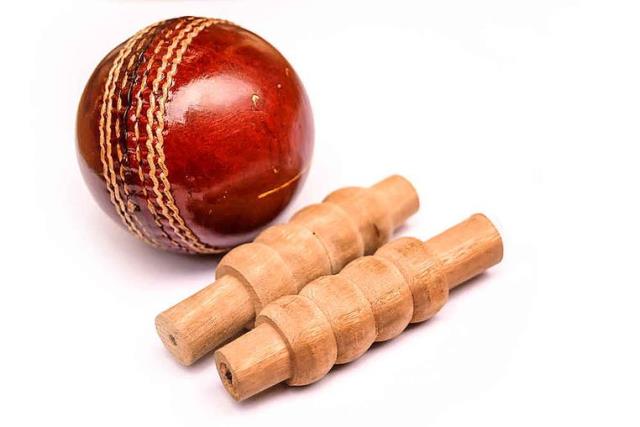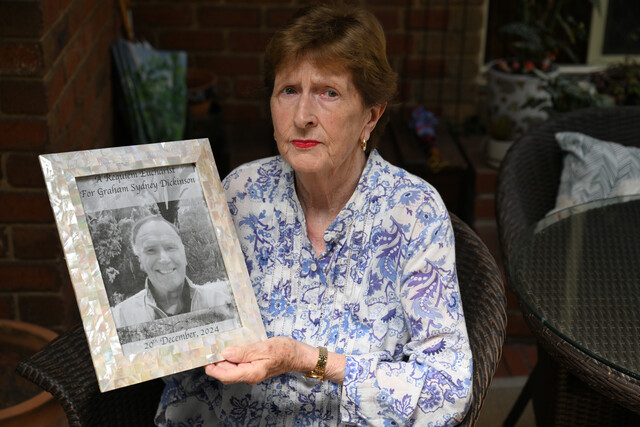Hume council will no longer trap cats due to a nationwide cat vaccine shortage, in what has already had a major impact on shelters.
In an announcement on November 10, Hume council announced it would stop trapping cats immediately and for the foreseeable future to reduce the number of cats needing to be taken to shelters.
From September 2022 to September 2023, Hume council trapped approximately 1602 cats, which is about 133 per month.
Hume mayor Naim Kurt said the council is doing its part to support the community based on advice from its shelter partners.
“The health and wellbeing of cats in care is of utmost importance, as is ensuring the safety of all wildlife in our streets,” he said.
“While we’ve been told the situation is temporary, there is currently no confirmation of when vaccines supply will increase.
“We encourage the community to do their bit during this critical time by keeping cats in their homes, where they can, desexing and considering cat adoption to ease the pressure on the shelter system.”
An RSPCA Victoria spokesperson said the shortage of vaccines includes those that prevent illnesses like cat flu and panleukopenia.
“While faced with these delays, we recommend keeping cats indoors and separated from feline visitors until vaccine supplies normalise,” they said.
“Cats with a strong vaccine history may have lingering immunity… however, owners are urged to speak to their vet about these delays and their cat’s needs.”
The spokesperson said RSPCA Victoria is actively monitoring the situation, but it has not impacted its ability to admit and care for cats in shelters.
“As a result, feline vaccines are temporarily paused at our community outreach programs, although other general health checks and services such as deworming will continue where possible.”
The Australian Veterinary Association (AVA) released a statement on October 26 said it has already had a major impact on shelters and some have had to close its doors to new felines.
“The key message is to prioritise kittens and delay adult boosters if possible,” AVA said.
“Feedback from vaccine suppliers has confirmed the issue is being effectively managed with the highest priority, with some supply available in the latter part of 2023, before normalising in early 2024.”

